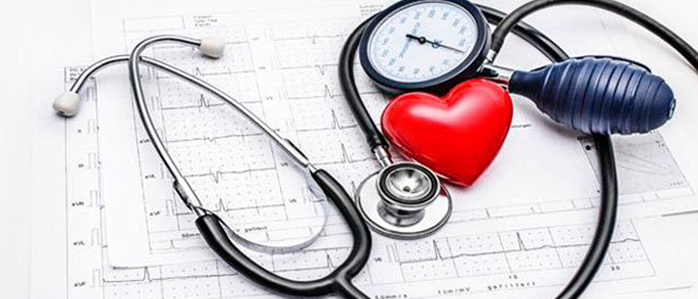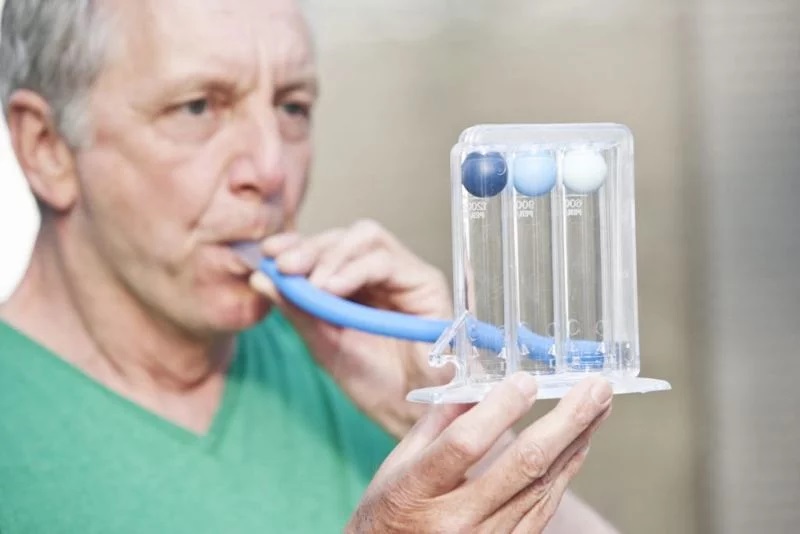High Blood Pressure
Causes Of High Blood Pressure
Many different factors often combine to cause hypertension. Some of these factors are preventable, and some are not. The non-preventable causes include genetics, race, gender, and age. For example, hypertension is twice as likely to occur in an individual who has one, or both, parents with hypertension. High blood pressure is more likely and is often more severe in African-Americans. Males are more likely than females to develop hypertension, and increased age is also a risk factor.
There are many other factors that are completely preventable including obesity, smoking, excessive alcohol intake, physical inactivity, and a high-salt diet. Smoking and alcohol cause the blood vessels to constrict or become smaller, causing the pressure to increase. High-salt diets cause water retention, which increases the volume of the blood that moves through the body, which increases the pressure. Obesity causes hypertension in many ways; it increases the surface area over which the blood must circulate, causing the heart to work more strenuously.
Hypotension, or low blood pressure, is also a medical condition. A blood pressure reading of less than 90/60 indicates hypotension. Though it is usually not regarded as a serious problem, it can cause dizziness, nausea, fatigue, fainting, blurred vision, and other symptoms. Chronic hypotension can also be a sign of more serious medical conditions.











